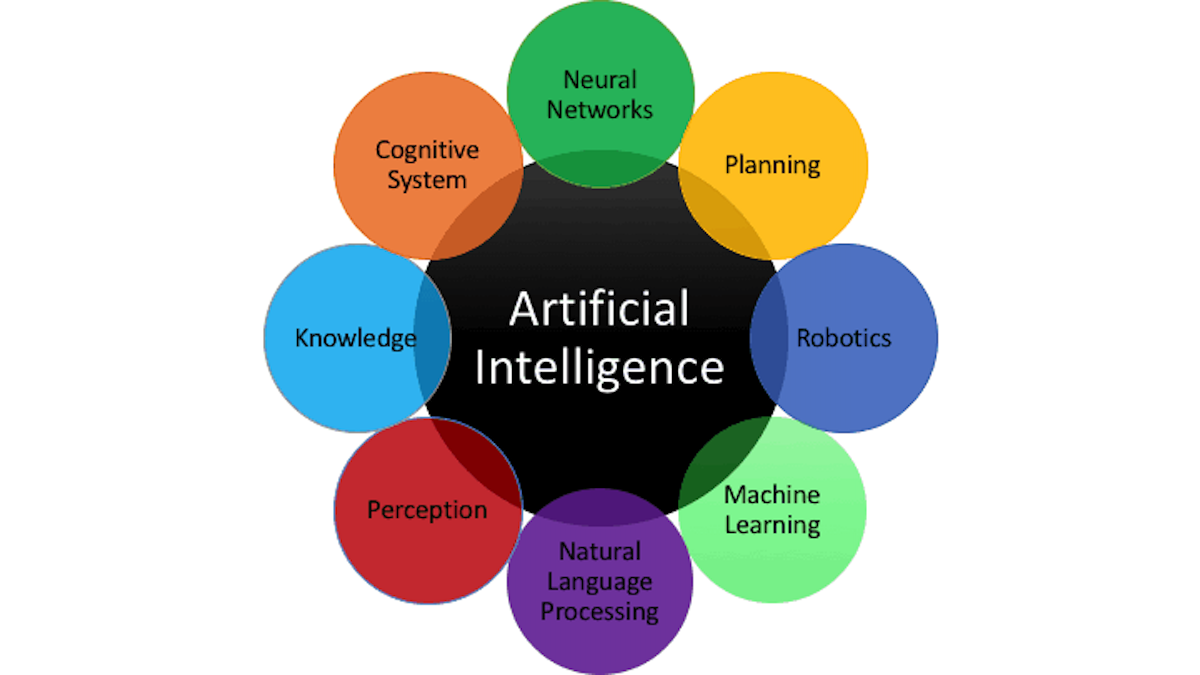At Agent3, with our continuing investment into Artificial Intelligence, we have already positioned ourselves to fully embrace the gains to be realised
Artificial intelligence (AI) is best defined as the “branch of computer science that is concerned with the automation of intelligent behaviour” – George Luger 2009.
This subset of computer science has been in the lime-light driven by the new giants of the internet. Providers such as Google and Amazon have demonstrated that the application of theoretical computer science from the field of AI can have dramatic and profound impacts on the way business is conducted.
Machine Learning on the other hand is a subset of AI and is best defined as the “Field of study that gives computers the ability to learn without being explicitly programmed” – Samuel 1959.
Due to the incredibly impressive results derived from Machine Learning in recent years, it is a tendency among even seasoned professionals to bundle the concepts of machine learning and AI together as one and the same, although it is clear that the field of AI encompasses far more than just Machine Learning.
With many applications of computer science, the benefits are time and volume based (a simple script can perform a simple task many hundreds of thousands of times faster than a human could ever hope to do so). However this kind of simple task automation is unable to deal with new situations and without careful consideration on behalf of the programmer the task specific nature of the problem solving does not lend itself well to new situations.
With traditional computing, the programmer will define a series of steps that must be taken in order to achieve the desired effect. On the other hand, Machine Learning approaches problem solving from a different perspective. Rather than providing a series of steps to be taken, instead examples of a task along with a performance measure are provided. The program will then attempt to modify its behaviour in order to improve its performance across all of the examples. Therefore, the more data that is fed to the algorithms, the greater the ability of the program to learn from its experience.
In contrast to traditional computing, the approach lends itself well to a vast array of different problem spaces as demonstrated below. This ability, when combined with the benefits of traditional computing (speed, volume, cost) will lead to unprecedented productivity to those companies which invest heavily in this area.
Mckinsey and Co foresee a near term future where the application of AI techniques have the ability to create “between $3.5 trillion and $5.8 trillion in value annually across nine business functions in 19 industries.” McKinsey & Co – 2018
It is no surprise that the areas which will benefit the most from this productivity growth are those sectors which already have a vast supply of datasets ready to be used for machine learning. Perhaps unsurprisingly, McKinsey’s prediction is that the sectors of Marketing & Sales are those which are most likely to benefit the most from the coming disruption;
At Agent3, with our continuing investment into Artificial Intelligence, we have already positioned ourselves to fully embrace the gains to be realised. Spearheaded by leaders in the field of Data-driven Marketing, we have already brought to market multiple innovation solutions leveraging the advanced capabilities offered by AI. Our clients have begun to derive real value from the application of the new technology and with several new solutions in active development, it is an exciting time for not only Agent3, but the industry as a whole.
